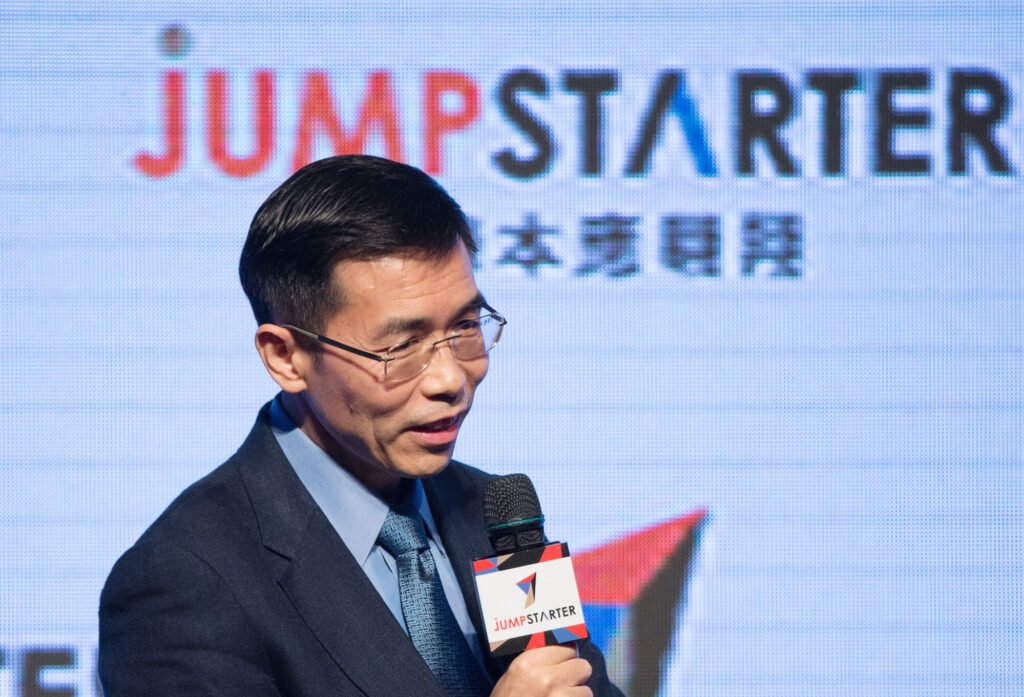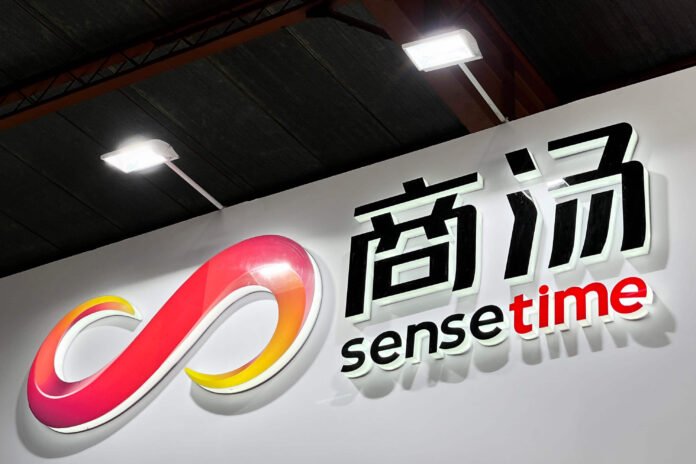SenseTime Group Inc. experienced its most significant plunge in over a year as investors grappled with the unexpected death of co-founder Tang Xiao’ou. The Chinese artificial intelligence (AI) firm’s shares tumbled as much as 18% in Hong Kong on Monday, marking the steepest loss since July 2022. Tang’s sudden demise added to the challenges already faced by SenseTime, including slowing growth and US sanctions.
Tang Xiao’ou, born in 1968 and a graduate of the Massachusetts Institute of Technology, was a renowned figure in China’s AI sector, credited as a pioneer in computer vision. SenseTime, backed earlier by Alibaba Group Holding Ltd., had one of the most highly anticipated debuts in Hong Kong in 2021. Tang held a significant 21% stake in the company, as indicated by the firm’s 2022 annual report, with a net worth of $1.1 billion according to the Bloomberg Billionaires Index.

Despite its initial success, SenseTime’s growth faced a considerable slowdown amid intense competition. The US government blacklisted the company in 2019, alleging human rights violations in Xinjiang, limiting its access to capital and crucial US tech components. Recent months saw additional challenges with new restrictions on the sale of advanced AI chips and chipmaking equipment to Chinese firms.
SenseTime’s shares had already been on a downward trend in recent weeks following allegations of revenue inflation by short-seller Grizzly Research, which the company vehemently denied. Before Monday’s decline, the stock had fallen to HK$1.26, less than a third of its listing price. Although the stock recovered some losses on Monday morning, it continued to trade about 11% lower.
This year, SenseTime shifted its focus from traditional strengths in facial recognition to generative AI, becoming one of the first Chinese tech firms to gain government approval for public deployment of ChatGPT-like services.
The AI landscape in China has seen significant capital influx and talent acquisition, resulting in fierce competition among startups and major players such as Baidu Inc. and SenseTime to develop innovative solutions. SenseTime had been exploring options to raise funds and potentially carve out its autonomous driving and healthcare units, as reported by Bloomberg News earlier this month.
In its official statement, SenseTime did not disclose the specific illness that led to Tang’s passing but expressed a commitment to carrying forward his mission and maintaining the company’s original aspirations.




